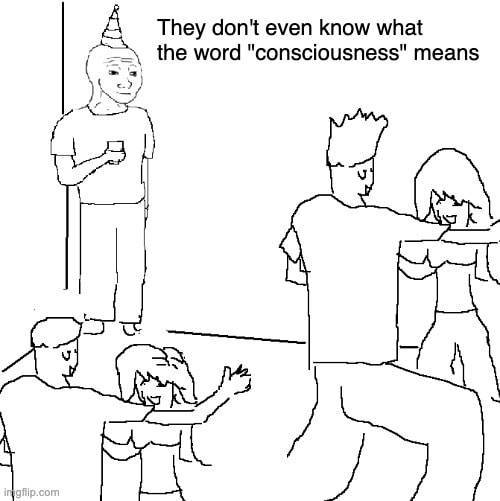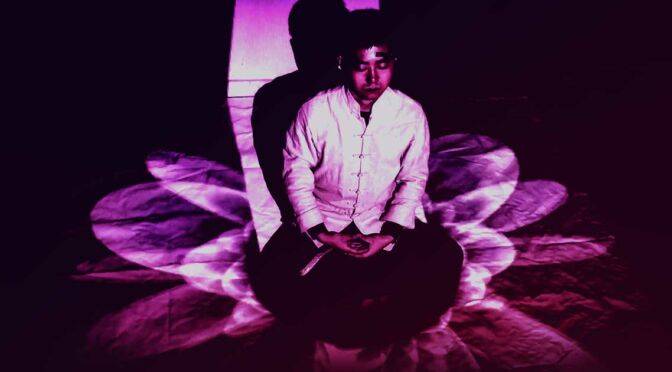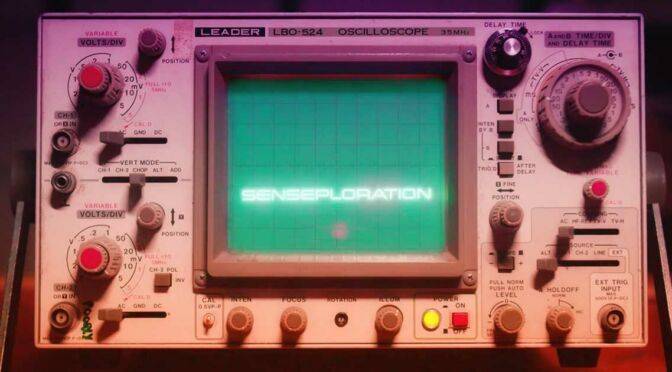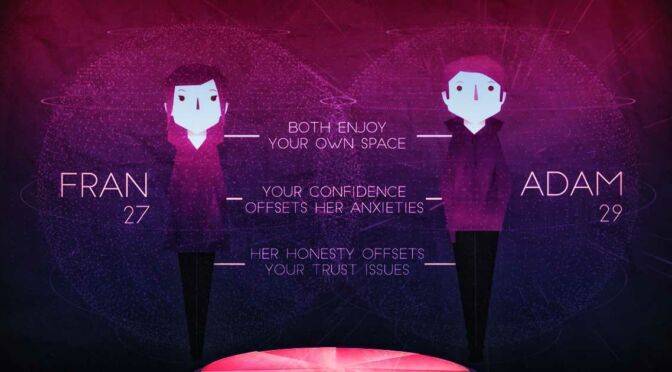You know when someone mentions “consciousness” at a party and everyone nods like they have some sort of deep understanding?
Welp, there are dozens of different interpretations of that word.
So, maybe people are full of shit.
BUT, the most illuminating definition for the scientists who explore the brain is this:
Consciousness is a reflection of our inner perceptions.

THAT definition discloses a powerful approach to self-transformation.
Simply put, if we bother to pay attention to our inner experiences, our consciousness levels get a bass boost.
We need to start by attuning ourselves to the nuances of our inner perceptions and sunbathing in the qualities that define them.

The Top 5 Most Common Features of Our Inner Experience
- Inner jib-jab
(the never-ending soliloquy in your frontal lobes) - Inner sight
(visualizing objects – frontal and visual cortex) - Feels and moods
(midbrain areas) - Sensory awareness
(body sensations, breathing, sounds, smells, etc.) - Awareness of consciousness itself
(unsymbolized thinking, a function that appears to be rather global)
When we relax, we have a great opportunity to tune in to our inner experiences. (Read about one of our favorite methods to do that here)
The 3 Most Common Sensations in a Relaxed, Resting State:
- Inner sight
- Inner jib-jab
- Sensory awareness (to a lesser extent)
By acknowledging and engaging with our internal experiences, we can gain a greater understanding of ourselves.
Some of us may find certain forms of “inner exploration” more appealing than others.
Go with what sings your song.
For example, if you think “visualization” is dumb for some reason, you can spend quality time with your inner monologue or spice things up with sensory awareness instead. All of these forms mindful self-awareness are among the very, very, few bona-fide ways that you can gain greater control over your cognitive states.
You can’t loose. They are all known to stimulate the insula and anterior cingulate – the social awareness centers in the brain. And as you delve deeper into your mind, you’ll get a clearer picture of how crazy-weird and wonderful you are.
The payoff? Increased empathy, compassion, and being OK. (in the best possible way)
2-3X Your
Learning Speed

‘Observe the Heart’ Creates Beautiful Visuals from Meditating Brains
SHI Weili created a new, brain-wave-driven art installation called Observe the Heart. The piece aims to make manifest one’s inner experience

Meaningless Conversations in Beautiful Environments
This short film by Lisa Östberg triggers FOMO for living more mindfully. “Against a backdrop of magnificent landscapes and epic tableaus,

The Alchemy of Mixing Senses for a Better Life
“When I arrived at Oxford University back in 1988, psychologists were studying sight in one lab and hearing in another;

How Emotional Technology Can Enhance Your Life in the Future
Our pace of technological advancement is changing our lives exponentially. It’s exciting to think about what is around the corner. We

